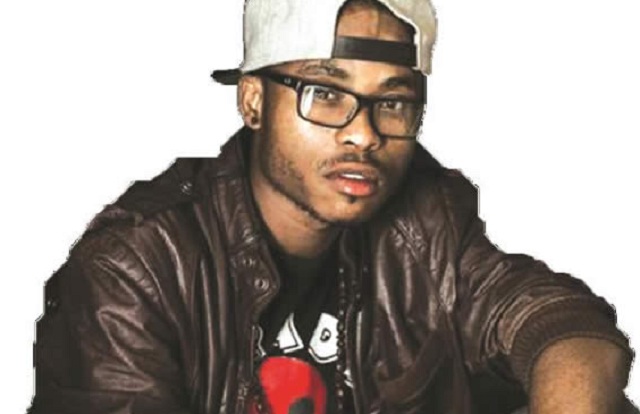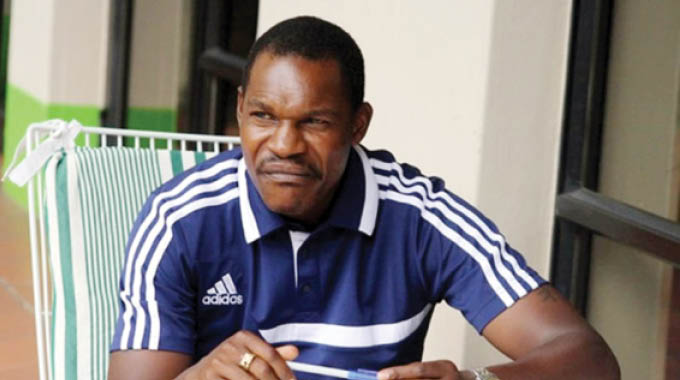EP Rugby expecting Peter de Villiers improve things at the union in the next year

New EP Elephants coach Peter de Villiers will have to get right into business as the Eastern Province Rugby Union (EPRU) are looking for a “turnaround within the first 12 months”.
The former Springbok mentor was appointed last week after beating out former Bok wing Deon Keyser, former Bok assistant coach Ricardo Laubscher, and Varsity Cup-winning coaches Kevin Musikanth and Jonathan Mokuena, who were all on the five-man shortlist for the job.
Maasdorp Cannon, who chaired the EPRU independent interview panel, gave insight into their decision and what will be expected of De Villiers, who takes over immediately.
The EP Elephants will play in the SA Cup from 2021, which will serve as a qualifier for the Currie Cup Premier division.
In the SA Cup, all 14 unions will be divided into two pools on historic log standings and will play a single-round competition, which will see eight teams progress to the knockout stages.
In the Currie Cup, the four mooted PRO Rugby franchises plus the top four qualifying teams from the SA Cup will contest the Currie Cup Premier Division. The bottom six SA Cup teams will contest the Currie Cup First Division.
Cannon explained that a spot in the Premier Division is the goal – something that will no doubt take some work seeing as the EP aren’t competing in the current domestic competition (Super Rugby Unlocked and Currie Cup).
“We want a turnaround in the next 12 months, we want to play in the premier league,” Cannon said. “So, winning is key for us, but we also need to be realistic because we are at a deficit.
“Initially we wanted the new coach to start in January, but now it’s an immediate appointment to make up for lost time – although it’s a difficult thing as lost time can’t be measured on the actual time lost, more on the time lost on the field. If we play home we should at least win those games,” he said.
“When we saw Peter’s name among the applicants, our concern was whether we would have the resources to give him what he wants,” he said.
“We were looking for a ‘miracle man’, but we were also trying to gage the popular feeling around all the candidates, so we followed what was being said in the media and on social media. We tried to have an eclectic approach, we wanted somebody who would generate interest and bring people to the stadium, so, we kind of went for cult. A lot of the clubs in this region are Afrikaans, so he would be able to form a relationship with them. We also wanted someone who hasn’t been afforded many opportunities.”
He went on to elucidate that both ‘younger’ candidates, Musikanth and Mokuena, would have made a good fit for the head-coach role.
Musikanth, who won the Varsity Cup with UCT IKEYS in 2014 in his first year (their first silverware in two years), also coached False Bay to promotion to the Super League A, with all three senior teams, as well as the Under-20s, winning the Super League B titles under his guidance. Former Leopards coach, Mokuena also won the Varsity Cup with NWU Pukke in his first year in charge back in 2016.
“When we scored them, it was close, close, close. So much so that when the president (of the union) phoned me and asked how it’s looking, I told him that if he could give me a money bag, I’d give him all of them,” Cannon said.
“According to my assessment, there’s a space for each and every one of them, but capital is the problem. The younger coaches (Musikanth and Mokuena) are capable – but we need an identifiable face that we can rally people around.
“On the day of the presentations I had a hard copy of Kevin’s and it was said that it was very, very impressive. They gave Peter a very tough time. It was extremely close.
“We were also conscious of this – do we expose them to this role and the vulnerability this early, or do we bring in a seasoned coach, who’s seasoned in taking the blows and coming back with a chirp? Both of them were extremely well set and definitely have the skills to deputise and be a natural successor – one has a well-grounded depth when it comes to forward play (Mokuena) and the other is a good all-rounder, has a good eye for detail and is resourceful (Musikanth). Both would be a tremendous asset. We tried to come to our final decision on the second day because we were not conclusive in whom we wanted, because it was so close.”
Prior to his appoint, De Villiers hadn’t coached at senior (provincial) level in South Africa since his exit after the Boks’ World Cup quarter-final loss to Australia in 2011.
He was director of rugby at the University of the Western Cape from 2013 to 2015, and his last full-time job was as head coach of Zimbabwe’s Sables, a tenure that ended after the Zimbabwe Rugby Union accused him of taking unauthorised leave from work in May 2019. However, De Villiers was attending to his daughter, who succumbed to cancer at the age of 28 late last year.
His absence from local rugby in recent years was a concern, Cannon admitted.
“It was a concern for us that Peter hasn’t coached in the country for a long time, but it changed when we spoke to him during the interview. It was clear that he remained a student of the game. Peter seems to have matured and he has also grown in his thinking.”
Cannon also confirmed that they wouldn’t be appointing permanent support staff for the first the first few months.
“We have to negotiate the appointment of support staff, but his voice will be listened to. In the interviews he made it clear that for him to achieve success in the early stages, he’ll have to rely on consultants and visiting coaching personnel, so at the start it may not be fixed positions but more rotational positions.” – IOL Sport












Comments